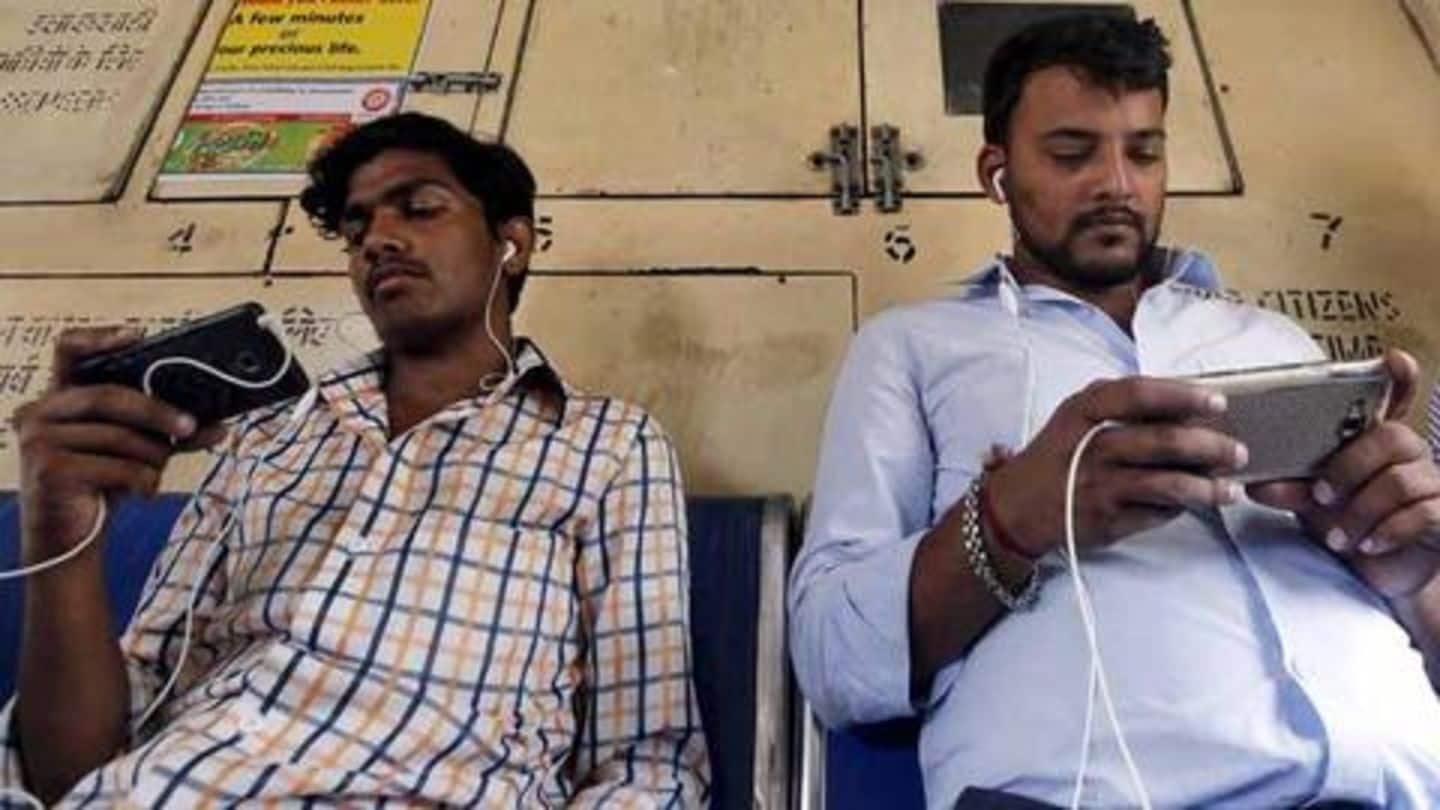
Porn apart, users reveal Airtel, Jio blocking proxy sites, Telegram
What's the story
Among Indian internet users, its common knowledge now that hundreds of popular porn websites have been blocked by internet providers or 4G providers like Airtel, Jio, BSNL etc. However, in the three months that have elapsed since the Indian government banned pornographic websites, internet users from across the country have reported that access to a variety of internet services has been blocked. Details follow.
Details
What internet users have been complaining about
Porn apart, hundreds of Indian internet users have reported that access to other sites like proxy sites, torrent sites, VPNs, and even the websites of messaging platform Telegram and audio-streaming platform SoundCloud have been blocked. Most of these users who have reported blocked access are Reliance Jio users, while a chunk of the remaining users are Airtel users.
IFF
Advocacy group IFF has compiled over 140 complaints
According to a list compiled by New Delhi-based advocacy group Internet Freedom Foundation (IFF), over 140 complaints have been received about blocked access to websites apart from porn websites. Around 85 such complaints came from Reliance Jio users, while around 40 complaints were lodged by Airtel users. Other ISPs that were mentioned in the list of complaints include BSNL, Vodafone, Hathaway, and ACT.
Information
Airtel users have primarily reported blocking of Telegram
Notably, while the complaints from Reliance Jio users pertained to blocking of VPN or proxy sites, the complaints from Airtel users primarily centered around the blocking of Telegram, a messaging service that's considered more private and secure than WhatsApp.
Concerns
Such censorship runs against net neutrality principles
Many of these complaints have pointed out that censorship of such websites runs contrary to right to information. Further, it has been argued that ISPs and telcos blocking websites also runs contrary to the principle of net neutrality that holds that internet providers must provide equal access to, and must treat all internet content equally.
Why?
Has the government ordered the blocking of such websites?
As it stands, it is unclear why VPNs, proxy websites, and torrent websites have been blocked, but it's assumed that the aforementioned websites have been blocked as per government orders. If that is indeed the case, it does come across since odd as the government's initial order to block porn websites did not mention the blocking of VPNs, proxy sites, Telegram or SoundCloud.
Information
The DoT has given a vague reply to an RTI
When an IFF member filed an RTI seeking information on whether the Department of Telecommunications (DoT) had blocked Telegram or had asked ISPs to do so, the DoT replied saying that it had no information on why Jio or other ISPs had blocked such websites.